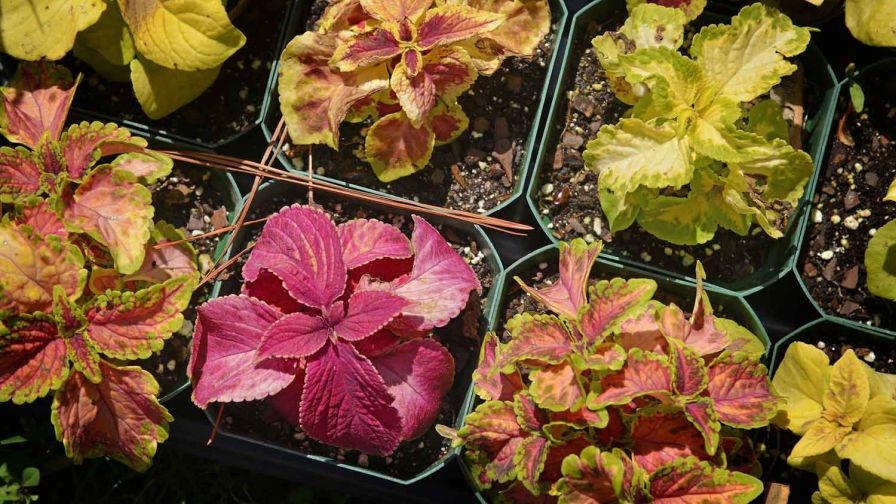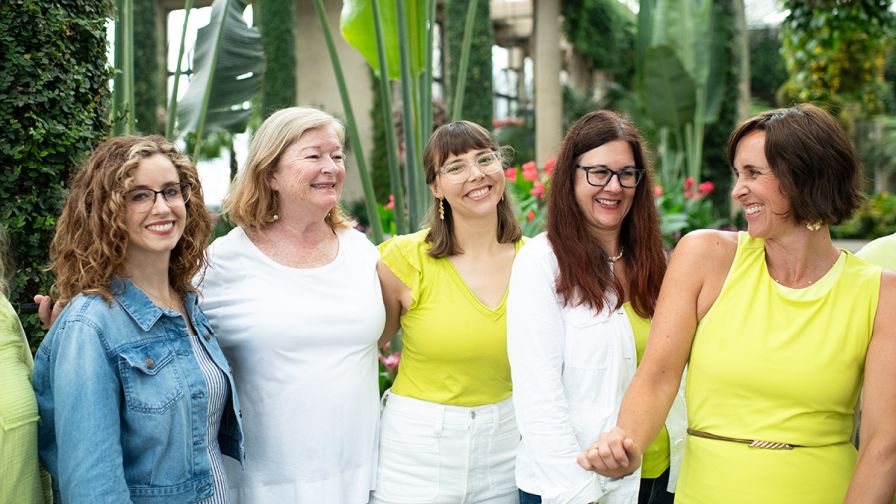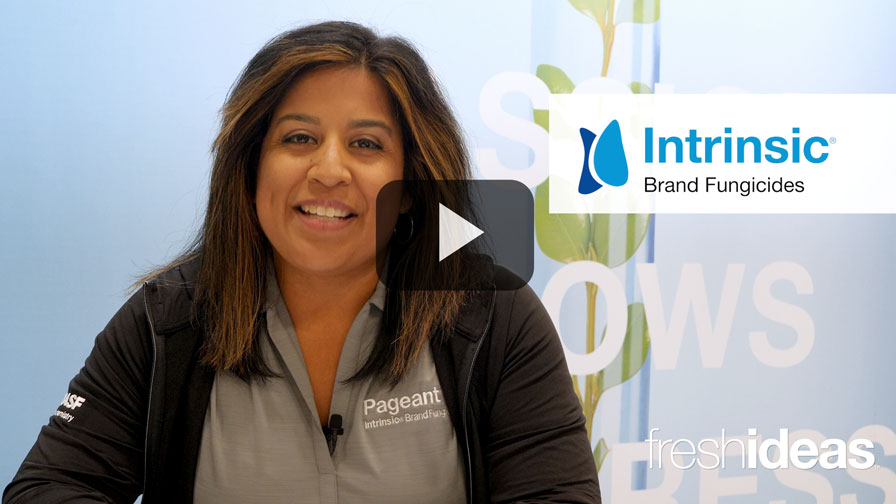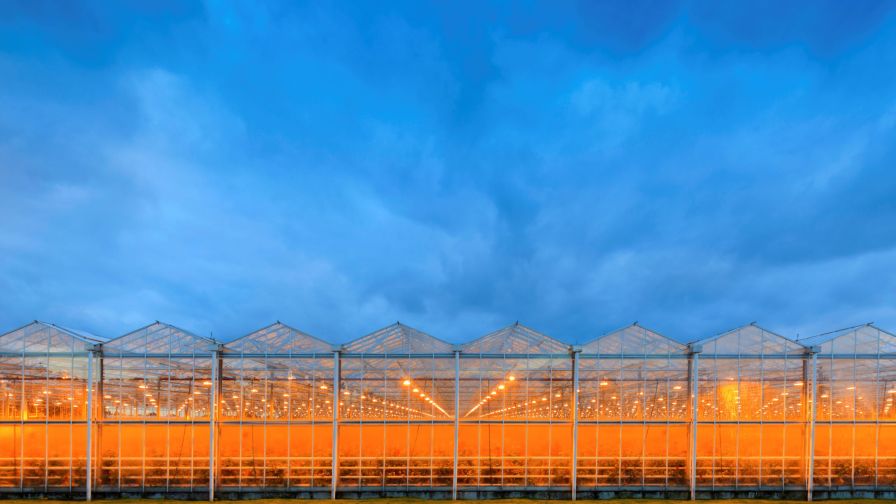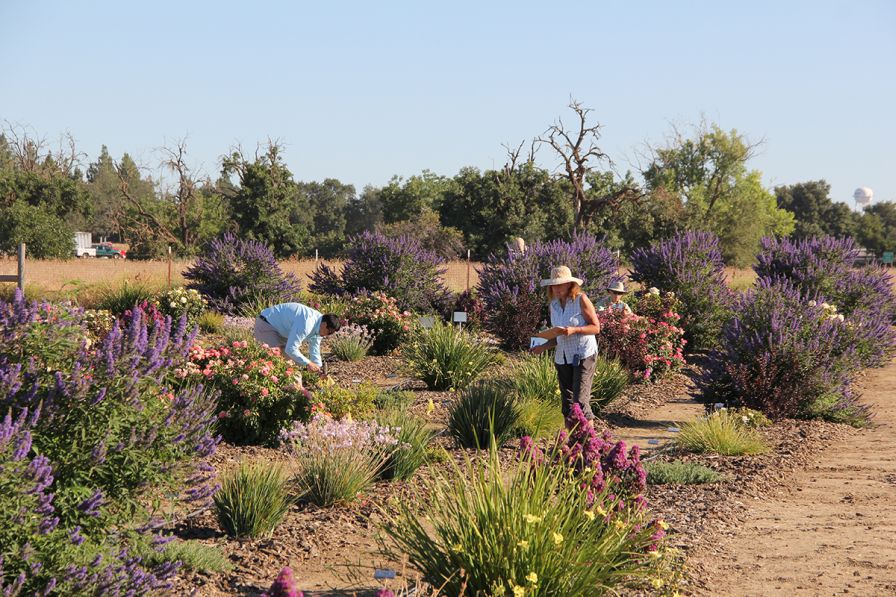How Greenhouse Systems Make Growers Resilient and Profitable
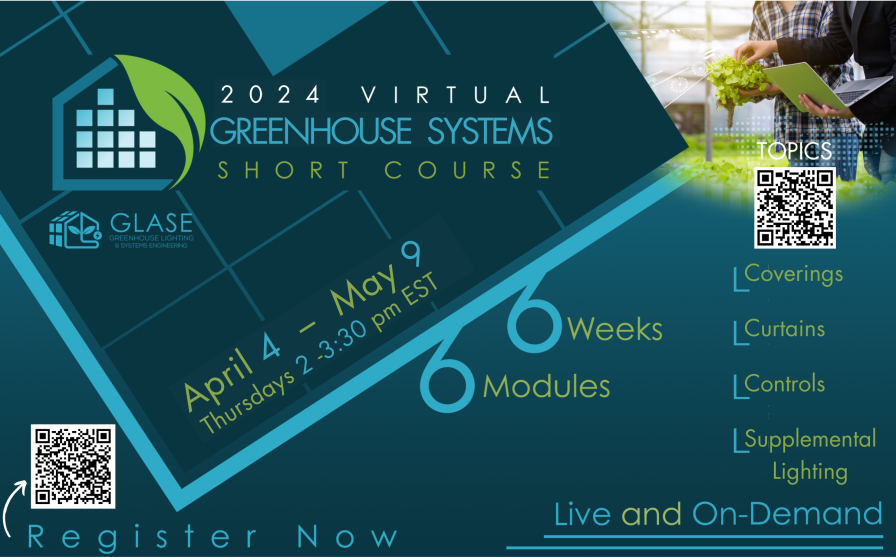 The latest short course from the Cornell University Greenhouse Lighting and Systems Engineering (GLASE) consortium kicks off on Thursday, April 4 and runs through Thursday, May 9. Growers and service providers will learn how to select and operate greenhouse coverings, climate screens, and supplemental horticultural lighting. To register, click here. This year’s course is sponsored by Hoogendoorn Growth Management, Philips Horticulture LED Lighting, Svensson Climate Screens, and AGCULTURE by AGC.
The latest short course from the Cornell University Greenhouse Lighting and Systems Engineering (GLASE) consortium kicks off on Thursday, April 4 and runs through Thursday, May 9. Growers and service providers will learn how to select and operate greenhouse coverings, climate screens, and supplemental horticultural lighting. To register, click here. This year’s course is sponsored by Hoogendoorn Growth Management, Philips Horticulture LED Lighting, Svensson Climate Screens, and AGCULTURE by AGC.
The 2024 GLASE Greenhouse Systems Short Course will feature six 90-minute modules and live Q&As for six weeks on Thursdays from 2 – 3:30 pm ET. To showcase the ways these systems improve plant quality and yields and save energy in greenhouses, industry experts will define the types of commercially available coverings, curtains, and lighting systems, show how these systems work together to support plant growth and development, and share real-world case studies. By the end of this virtual course, participants will be able to make informed decisions about selecting and using greenhouse systems in their growing operations.
- The first module on April 4 covers high-performance greenhouse coverings, which can maximize the amount of light that reaches plants and minimize energy costs by reducing operation of heating systems. Mohammad Shayestesh (AGCULTURE by AGC) will showcase advancements in “High Performance Glass for Greenhouses” and Tim Shelford (Cornell University and Rutgers University) will walk through best practices for “Sensing Lighting Inside and Outside the Greenhouse”.
- On April 11, the second module explores emerging technologies like agrivoltaic panels and greenhouse curtains that can enhance production and can be a sustainable solution for the prohibitive increasing energy costs in controlled-environment agriculture. Marco Deleonardis (Freeman Herbs) will describe his experience with agrivoltaic systems in “Greenhouse Luminescent Photovoltaic Panels: A Sustainable Solution for the Increasing Energy Costs in CEA?” and Dr. Fadi Al-Daoud (Harrow Research Centre) will share results of his experiments exploring the “Effect of Light Abatement Curtains on the Greenhouse Environment”.
- The third module on April 18 dives into climate screen technologies and the types of curtains for regulating temperature, managing light exposure, and providing energy savings. Paul Arena (Svensson Climate Screens) will help growers select and operate the right type of curtains to implement “Strategies for Maximizing Energy Efficiency and Crop Quality with Greenhouse Curtains” and Paul de Koning (Hoogendoorn) will showcase how controls can be used for “Achieving Perfect PAR”.
- On April 25, the fourth module brings together multiple greenhouse systems by sharing grower stories about coverings, curtains, and supplemental lighting. Bob Jones (Chef’s Garden) will describe his journey with high-performance LED horticultural light fixtures and automated controls in “CEA at Chef’s Garden”, and Holly Counter Beaver (Finn & Roots) will showcase her approach to “Operating a Deep Winter Greenhouse”.
- The fifth module on May 2 focuses on the ways growers can use spectral treatments as part of an overall light management strategy to regulate plant development and quality characteristics. Sofia Carvalho (Plenty) will share how various light recipes offer different benefits in “Going Beyond Sunlight and the Solar Spectrum in CEA” while Colin Brice (Philips Horticulture LED Lighting) will cover the “Value Cases for Tailored LED Spectral Recipes”.
- On May 9 the short course will close with the sixth module focused on research demonstrating the impact of spectral treatments on food and floriculture crops. Dr. Neil Mattson (Cornell University) will describe his “Sole Source vs Greenhouse Spectral Research” and Dr. Elsebeth Kolmos (Rensselaer Polytechnic Institute) will showcase hardware used for “Measuring Plant Responses to Light Treatments”.
Attend live sessions to participate in question-and-answer sessions with speakers and receive a discounted individual GLASE membership. Recordings will be made available on-demand in June. Learn more about the course at https://glase.org/2024-short-courses/.
Since 2021, the GLASE consortium has produced virtual short courses for growers, researchers, designers, engineers, and scientists. Topics previously covered include the selection, implementation, and benefits of plant lighting systems and climate control systems.
Guided by its Industry Advisory Board, GLASE and its partner academic institutions research the leading edge of LED systems engineering, plant photobiology and physiology, and greenhouse environmental controls and commercialize emerging technology to save growers money and reduce the carbon footprint of greenhouse operations.




